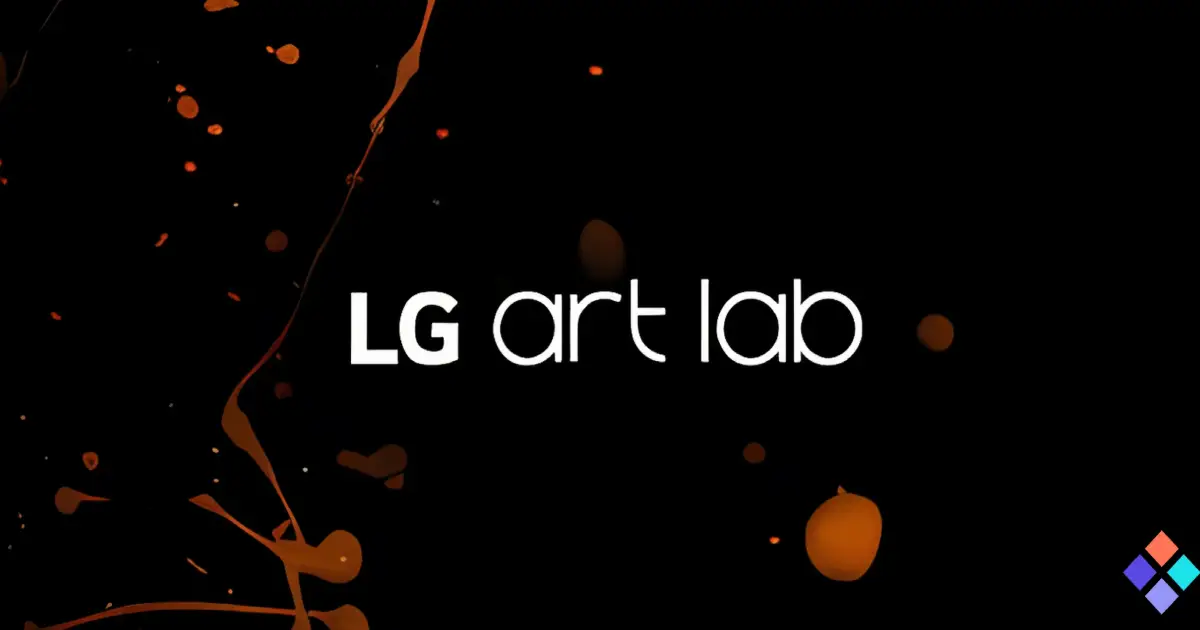In a move that resonates with the broader downturn in the tech world, LG Electronics has announced the shuttering of its NFT service, LG Art Lab, effective June 17. This decision is less a bold stride into the future and more a retreat from an experiment gone awry. Launched amidst the NFT frenzy of 2022, LG intended to impress users with the ability to buy and display digital art on their smart TVs. What was envisioned as a revolutionary intersection of technology and art has devolved into a cancellation that speaks volumes about the volatile landscape of digital assets.
Strategic Retreat or Panic Reaction?
Described as a “strategic decision” by LG, the closure raises probing questions about the company’s foresight and adaptability in the marketplace. After all, the NFT space was touted as the next big wave in digital ownership, seen as a transformative force in art and culture. However, LG’s sudden decision to disband its NFT platform hints at either a lack of confidence in this sector or an uncharacteristic inability to ride the wave of uncertainty. The assertion that the company is looking to “explore other opportunities” feels less like an astute pivot and more like a desperate scramble for relevance as they succumb to the harsh pressures of changing consumer sentiment.
Timing and Market Pressures
Let’s face it: LG’s announcement comes at a time when NFT trading volumes have plummeted, and the initial hype has fizzled into a mere whisper. The extraordinary prices seen in 2021 gave way to something more akin to a fire sale, with NFTs being relegated to novelty items rather than valuable assets. With corporate enthusiasm waning, LG’s retreat seems slightly out of step with market sentiment, reflecting a panic rather than informed strategy. Meanwhile, traditional forms of art continue to hold their ground, raising the question—did LG misjudge the trajectory of digital art?
The Blockchain Dilemma
Interestingly, LG reassures users that purchased NFTs won’t simply evaporate into the digital void; they will still reside in the blockchain, safely stored in user wallets. While this sounds comforting, it underscores a critical issue in the NFT space: the reliance on blockchain technology does not guarantee market stability or demand. Simply put, digital ownership devoid of market interest swiftly becomes a liability. The fate of these digital assets, for which consumers originally paid a premium, now hangs uncomfortably in limbo as the service faces its demise.
A Lament for Creative Possibilities
In many ways, the LG Art Lab saga is a representative loss for creativity in the digital space, emblematic of a broader trend where technological innovation must contend with market realities. One can’t help but wonder what could have been if LG had invested in more robust engagement strategies or educational initiatives surrounding NFTs. Instead, this spectacle serves as a stark reminder that the next great innovation is not merely about technology; it’s about merging it with sustainable market practices and genuine consumer enthusiasm. With this abandonment, LG has not just shut a door on its own aspirations but perhaps on a unique chapter in the evolution of how we view art, ownership, and technology in the age of digital transformation.

